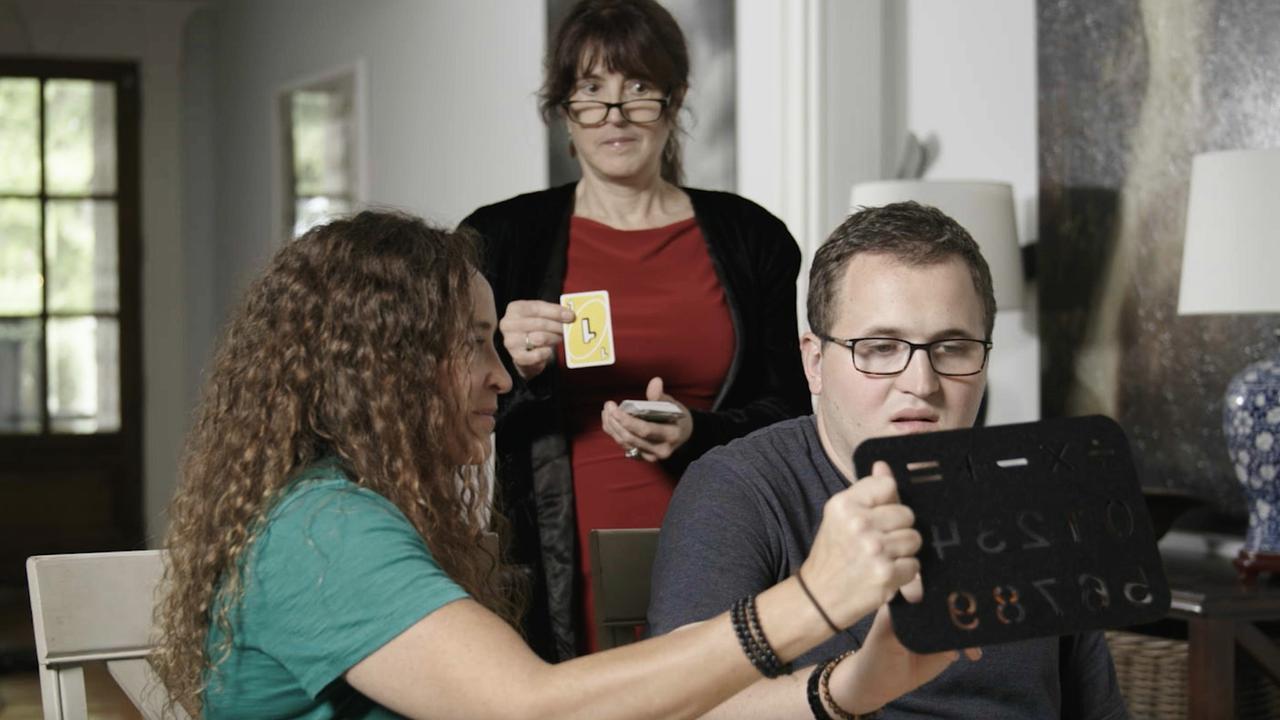Isabel Vincent’s memoir recalls a remarkable friendship
A death and a dinner spark an unlikely friendship that is rewarding for both parties in this elegant memoir.
“I heard about the promise Edward made to his dying wife long before I met him,” Isabel Vincent writes in this elegant memoir set in New York. The promise was simple yet momentous: to keep on living.
After Paula, Edward’s beloved wife of 69 years dies, their daughter (who lives in Canada) arranges for her friend Isabel Vincent, a reporter, to visit him for dinner and check up on him. From humble beginnings, the dinner turns into the first of many. It is the start of an unlikely friendship that is rewarding and even profound for both parties. Before long, Vincent is a regular visitor to Edward’s apartment on Roosevelt Island in the East River. She is charmed by his old-world hospitality: “Dinners with Edwards were rituals imbued with a sense of occasion.”
She soon feels comfortable opening up to Edward about her own feelings of despair. Her marriage is fraying and she and her husband are hoping their recent move to Roosevelt Island functions as a clean slate. But the fractures in their relationship only seem to deepen.
Her professional life is similarly dispiriting as her switch from a genteel Canadian publication to the rough and tumble of the New York Post newsroom proves a tough one. Early communications from her editor include an email simply titled “WTF?”.
Rather than sensing an opportunity to wallow in joint misery, he welcomes the like-minded company and she becomes “Edward’s special project” as he turns his mind to the puzzle of her abiding unhappiness.
While she has almost given up on finding meaningful connection when she meets Edward, he gently pushes her to a more hopeful, social frame of mind. “He knew that paradise was not a place,” she observes, “but the people in your life.”
Their friendship allows Edward to keep the memories of his rare, pure love for the vivacious Paula alive in stories.
In Edward, she finds someone who reads people well. He knows sometimes just to say nothing and pour her a finger of bourbon; other times he provides gracious company and perfectly icy gin martinis.
The immaculately prepared food and matching drinks are no small part of their meetings. Described as “neither a snob nor an insufferable foodie”, the older man creates meals of old-fashioned excellence: Oysters Rockefeller, beef cooked in goose fat and a perfect apple galette (the secret, he insists, is crushed ice).
This is cooking with care, the sharing of lovingly created meals as a deeply social act. Vincent’s account of his cooking is vivid and stylish and acts as a defence of sorts of the maligned art of connoisseurship, here seen as a way to savour life and infuse simple tasks with meaning.
Often his methods are the result of years of trial and error or judicious use of passed-down advice. He dismisses cookbooks (“It’s just cooking, darling,” he says) and like a magician he refuses to share his secrets with people he thinks are not equally serious about the craft.
At other times, his deeply ingrained southern gentleman persona brings with it some outdated notions about womanhood.
He can also be difficult — headstrong with his daughters and harsh when his penchant for dispensing life advice becomes too pointed. Yet there is much to admire about how Edward goes about his twilight years.
He clings to a bullish and intelligent brand of optimism and surrounds himself with a diverse, eccentric bunch of people. He keeps himself busy with art projects and his dedication to cooking and entertaining.
Pitched somewhere between the philosophical loftiness of My Dinner with Andre and the homespun warmth of Tuesdays with Morrie, this is told in relaxed, circuitous style with frequent digressions on Edward and Paula’s early careers in the arts as well as the history of the unglamorous but fascinating community they live in.
It’s a low-key affair in the best possible sense of the word and while Edward fills his apartment with Cole Porter and Ella Fitzgerald songs, it is easier to imagine the muted sophistication of Erik Satie bubbling underneath their conversations.
Eventually, inevitably, the fortunes of the unlikely pair start to diverge. Edward is increasingly losing his friends and starts thinking about how he wants his affairs to be settled after his death. Vincent finds new shoots of hope in the formerly sunless vista of her personal life.
Fitting for a small but lovingly detailed work, Dinner with Edward doesn’t so much build to a climax as find an understated and graceful way to pull back from these two sympathetic, complex, finely drawn lives, leaving you sad to watch them recede in the distance but a little richer for the experience.
Daniel Herborn is a writer and critic.
Dinner with Edward: The Story of a Remarkable Friendship
By Isabel Vincent
Affirm Press, 224pp, $19.99


